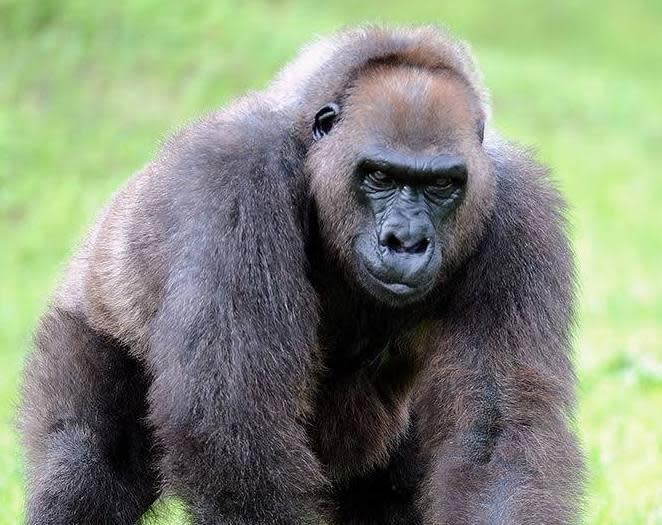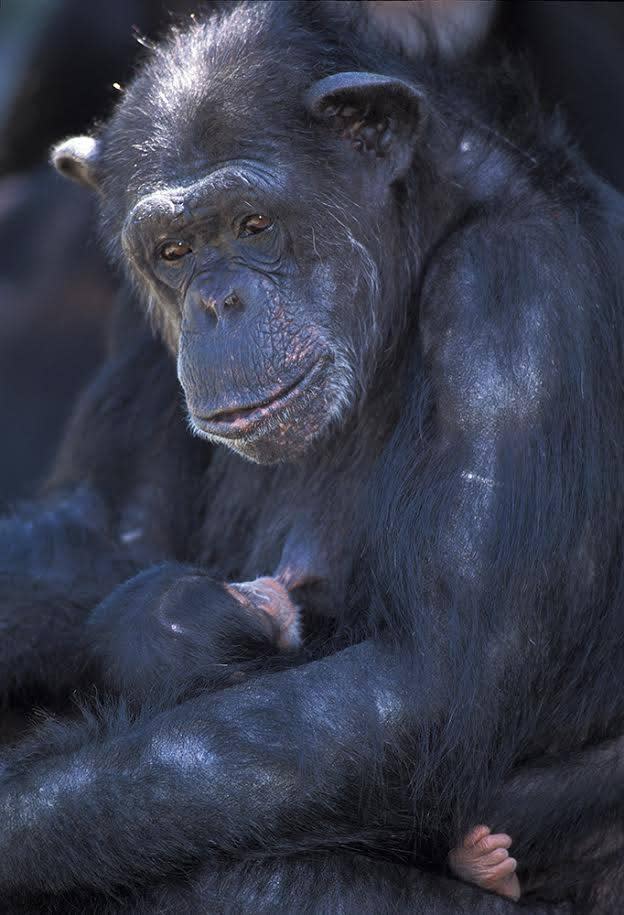Harambe's grandmother Josephine put to death at Miami zoo

The grandmother of Harambe, the male silverback gorilla killed in Cincinnati, has been put down by the zoo where she lived.
Josephine, who was just short of 50, has been euthanised by Zoo Miami after the health problems she had suffered with in recent years became too much.
The ape was born in the wild in 1967. She arrived at Miami's zoo in 1983, and lived there until she died.
She had been suffering with a range of health conditions related to her age, the zoo said in a statement. Exams and tests had showed "several abnormalities that indicated systemic terminal conditions that had no chance for positive outcomes or hope for recovery", the zoo said.
It was after those became too much – "when Josephine could hardly move, even to reach for her favourite treat" – that the "staff knew the right thing to do" and euthanised her, the zoo said in a statement.
Josephine was famous in large part because of her relation to Harambe, the gorilla who was shot to death by staff at the Cincinnati Zoo last May. That happened after a young boy fell into his enclosure, but the ensuing controversy would lead to outpourings of grief and intense trolling of the zoo.
But she had also gained attention earlier for giving birth to the first gorilla born in captivity in Miami. Local media reported that her son, Moja, was moved to the Gladys Porter Zoo in Texas and there sired offspring including Harambe.
And she had been the subject of a pioneering cataract surgery that saw her sight restored by implanting two artificial human lenses into her eyes. Those restored her vision after she was nearly blind.
Her death makes her the third African lowland gorilla on display in a US zoo to pass away this month. On Tuesday, a 60-year-old female known as Coco died in Ohio.

Josephine had suffered with the effects of old for years, the zoo said. Gorillas can live as long as 50 years or even more, but often do not.
The animals are the world's biggest primates and are endangers because of the damage to their habitat, poaching dangers and their susceptibility to disease. There are around 350 gorillas of all species in US zoos, according to officials, and around 150,000 to 250,000 are thought to live in the wild.

 Yahoo News
Yahoo News 
